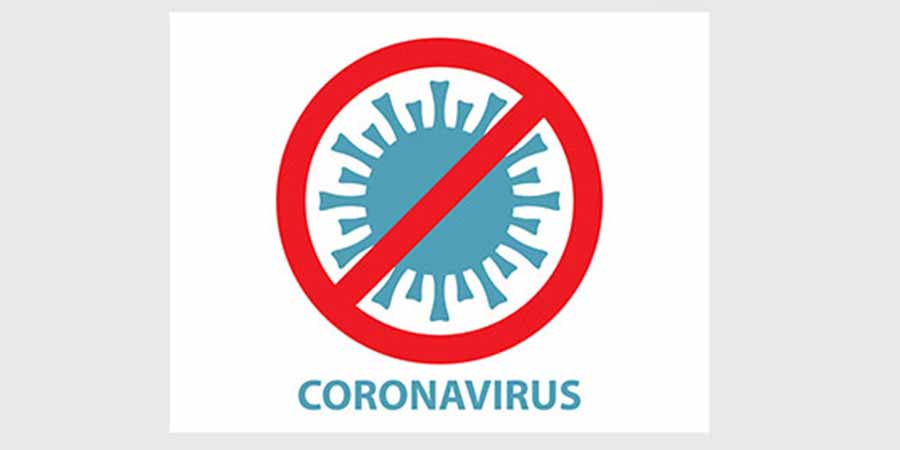Last updated: March 19, 2020
This is an emerging, rapidly evolving situation.
For the most up-to-date information and guidelines, refer to the CDC website.
The Centers for Disease Control and Prevention (CDC) is closely monitoring an outbreak of respiratory illness caused by a novel (new) coronavirus first identified in Wuhan, Hubei Province, China. As of mid-March 2020, over 200,000 cases and nearly 9,000 deaths have been confirmed worldwide. As of March 18, there have been over 7,700 confirmed cases and 115 total deaths in the U.S. as per the Johns Hopkins University real-time tracker.
INFECTION CONTROL AND COVID-19

Infection control practices for COVID-19 (corona virus disease 2019) continue to evolve as researchers learn more about this new disease. Although the transmission dynamics have yet to be determined, the Centers for Disease Control and Prevention (CDC) currently recommends a cautious approach. Patients with suspected or confirmed COVID-19 should be asked to wear a surgical mask as soon as they are identified and be evaluated in a private room with the door closed. Healthcare personnel evaluating persons under investigation or providing care for patients with confirmed COVID-19 should use Standard and Transmission-based Precautions.
The latest details on infection control for COVID-19 can be found in the CDC’s “Updated Healthcare Infection Prevention and Control Recommendations in Response to COVID-19 Vaccination” at https://www.cdc.gov/respiratory-viruses/index.html.
World Health Organization’s Prevention and Protection Advice

The World Health Organization (WHO) provides these recommendations on basic protective measures against the new coronavirus. These include hand and respiratory hygiene and safe food practices:
- Frequently clean hands by using alcohol-based hand rub or soap and water.
- When coughing and sneezing, cover mouth and nose with flexed elbow or tissue; throw tissue away immediately and wash hands.
- Avoid close contact with anyone who has fever and cough.
- If you have fever, cough, and difficulty breathing, seek medical care early and share previous travel history with your healthcare provider.
- When visiting live markets in areas currently experiencing cases of novel coronavirus, avoid direct, unprotected contact with live animals and surfaces in contact with animals.
- Avoid the consumption of raw or undercooked animal products; raw meat, milk, or animal organs should be handled with care to avoid cross-contamination with uncooked foods, as per good food safety practices. (WHO, 2020)
Sources:
- https://www.cdc.gov/coronavirus/2019-ncov/index.html
- https://www.who.int/emergencies/diseases/novel-coronavirus-2019/advice-for-public
Sign up for our newsletter email list and like us on Facebook and Instagram to be among the first to know about all our special discounts and offers!
About Wild Iris Medical Education:
Wild Iris Medical Education, Inc., is a privately held, woman-owned company providing online healthcare continuing education. In 1998, we began offering online ANCC-accredited nursing continuing education courses and since then have expanded to provide CEUs for occupational therapists, physical therapists, paramedics, EMTs, and other healthcare professionals.
Accredited and Approved Nationwide.
High-quality CEU Courses since 1998.

Join Our More Than 750,000 Satisfied Customers Now!
High-quality, accredited, evidenced-based continuing education courses in an easy-to-use format designed for learning, from Wild Iris Medical Education. We’ve been providing online CE since 1998.



